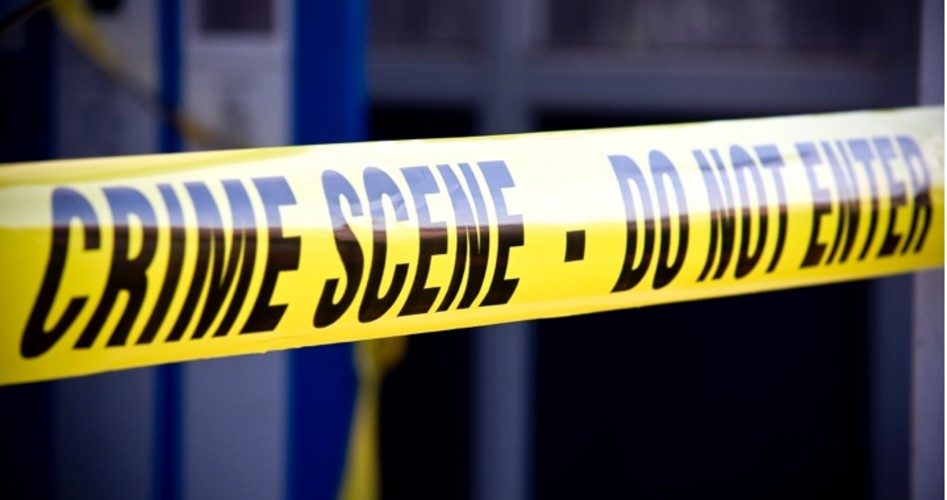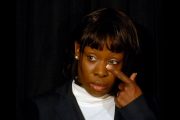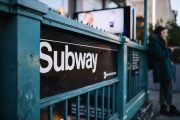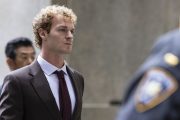
After a bloody Fourth of July weekend, Chicago continues to disprove the theory that strict gun laws mean fewer gun-related crimes.
The New York Daily News reports that over 100 people were shot in
According to the Chicago Tribune, it was one of the bloodiest Fourth of July weekends in recent history. The last four-day Independence Day weekend was in 2013, and it witnessed 74 shootings resulting in 12 deaths.
Chief police spokesman Anthony Guglielmi said the mood at the Chicago Police Department (CPD) is that of “frustration.” With a total of 1,300 extra officers deployed over the long weekend, he asserted, “I don’t think lack of resources was an issue.”
Guglielmi also pointed out that 159 guns had been seized by Chicago police since Friday, underscoring once more that the city needs to somehow “change the underlying culture” of violence. He explained that a “handful” of the shootings were “retaliatory” and involved alcohol. He added that a lot of the shootings were over “petty disputes that escalated into somebody pulling out a gun.”
What’s likely even more frustrating for the CPD is that
When White House Deputy Press Secretary Sarah Huckabee Sanders said on Friday that the crime in Chicago is “driven by morality more than anything else,” she faced tremendous backlash for refusing to rest the blame on guns.
Activist pastor Father Michael Pfleger took to his Twitter to opine: “ARE YOU KIDDING ME?? It’s one thing to send out bizarre dysfunctional Tweets, but when the White House which has never taken the time to come and talk to folks in the community about the violence now MAKES A (JUDGMENT) STATEMENT ABOUT THE CHARACTER AND MORALITY OF PEOPLE IN CHICAGO you have crossed the damn line.”
Before the start of the violent Independence Day weekend, President Trump tweeted on Friday morning to announce the creation of a task force between local and federal law enforcement agencies: “Crime and killings in
The Chicago Crime Gun Strike Force is to be comprised of the Chicago Police Department, state troopers, federal agents from the Bureau of Alcohol, Tobacco, Firearms and Explosives, and the Department of Justice.
But critics contend that federal intervention would not be necessary if police officers in
According to Heather Mac Donald in her book The War on Cops, the increase in crimes and violence against police officers can all be attributed to the “Ferguson Effect,” named for the city in
The “Ferguson Effect” is a term coined in 2014 by Sam Dotson, chief of the St. Louis Police Department in, which refers to the increasing reluctance of officers to confront criminals for fear that they themselves may be charged with criminal activity and face public backlash. As a result, wrote Dotson, “The criminal element is feeling empowered.”
In an article in the Wall Street Journal on September 11, 2016, Mac Donald noted that




